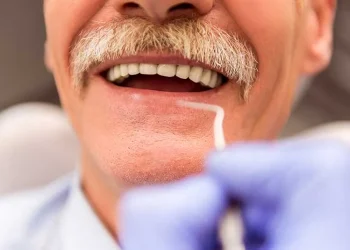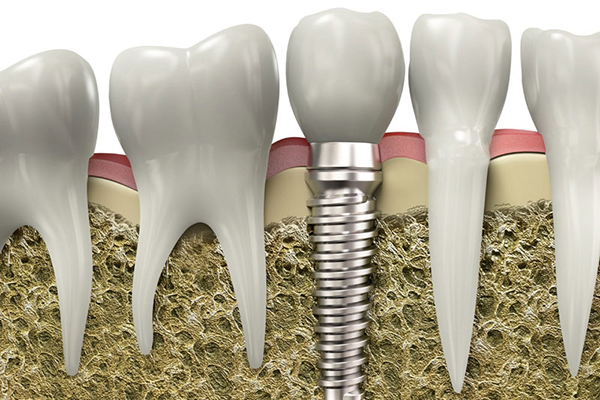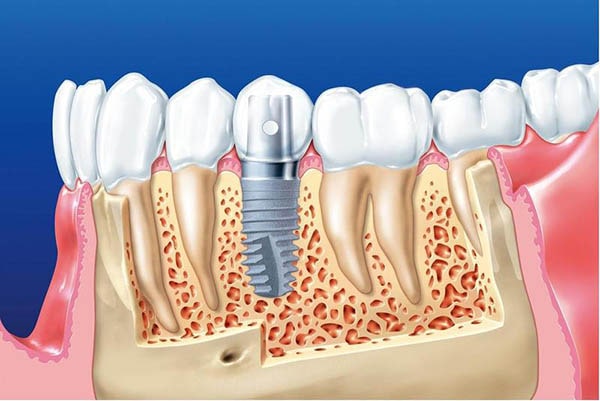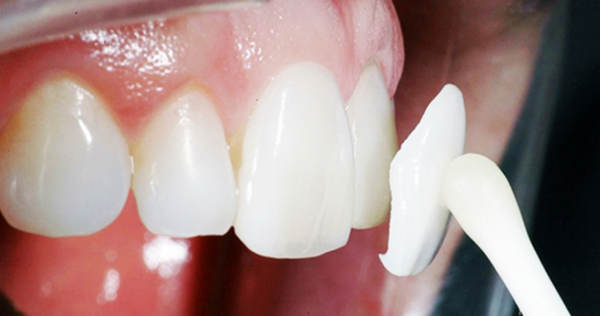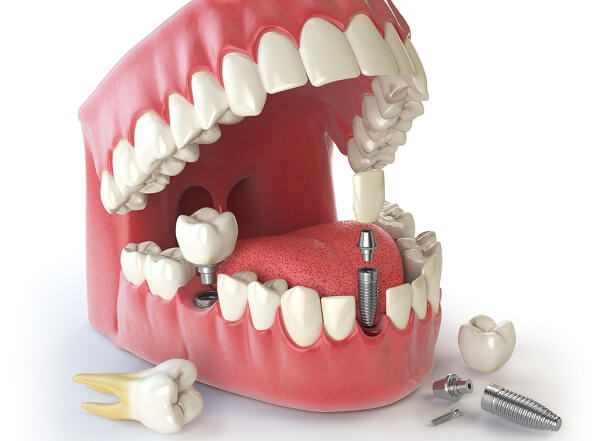Contents
Tooth loss in older adults in nursing homes
Tooth loss is a common problem among the elderly population. It can have a significant impact on their overall health and well-being, affecting their ability to eat, speak, and maintain good oral hygiene. In this article, we will explore the different ways in which tooth loss can affect the elderly and the importance of maintaining good oral hygiene and seeking dental care to prevent tooth loss and its associated problems.

What causes Tooth Loss in the Elderly?
Tooth loss in the elderly can be attributed to several factors. Poor oral hygiene, gum disease, tooth decay, and physical trauma are some of the common causes of tooth loss.
Gum disease, which is also known as periodontitis, is a bacterial infection that affects the gums and can cause tooth loss if left untreated. Poor oral hygiene, such as neglecting to brush or floss regularly, can also lead to gum disease and tooth decay.
Certain medical conditions and medications can also increase the risk of tooth loss in the elderly. For example, individuals with diabetes are more likely to develop gum disease, which can lead to tooth loss. Similarly, medications that cause dry mouth, such as antihistamines and antidepressants, can contribute to tooth decay and gum disease.
As people age, the risk of tooth loss increases due to wear and tear on the teeth over time. Teeth can become weakened and more susceptible to damage, and older individuals may be more likely to experience physical trauma to the mouth due to falls or accidents.
Effects of Tooth Loss on the Elderly’s health
Nutritional Deficiencies
One of the most concerning effects of tooth loss among the elderly is the impact it can have on their overall health and well-being. While it may seem like a minor inconvenience, the difficulty in chewing and eating a balanced diet can lead to a host of health problems.
For instance, missing teeth can cause people to avoid certain foods that are hard to chew or require a lot of effort to eat, such as nuts, raw vegetables, and tough meats. This can lead to nutritional deficiencies and malnourishment, which can have serious consequences on their physical and mental health.
Digestive Problems
The elderly who are suffering from missing teeth may find it challenging to chew their food properly, which can result in various digestive problems. Proper chewing is the first step of digestion, and it helps to break down the food into small particles that can be easily absorbed and digested by the body. Inability to chew properly can cause problems such as indigestion, acid reflux, and other gastrointestinal issues.
Moreover, the nutritional value of food is essential for maintaining good health, and missing teeth can hinder the absorption of essential vitamins and minerals into the body.
Speech Impediments
Tooth loss can have a significant impact on the elderly’s overall quality of life. Apart from the aesthetic aspect of missing teeth, it can also greatly affect their ability to speak properly and confidently.
The loss of teeth can cause changes in the shape of the mouth and tongue, leading to difficulties in pronouncing certain words and sounds. This, in turn, can result in social isolation and communication problems, which can be particularly challenging for those who depend on their ability to communicate effectively, such as people who work in public-facing roles or have a busy social life. Furthermore, missing teeth can make it difficult to eat certain foods, which may lead to inadequate nutrition and subsequent health problems.
Oral Health Problems
Tooth loss is an oral health issue that should not be taken lightly. When missing teeth are not replaced, it can lead to a variety of problems that can have adverse effects on a person’s oral health. For example, gum disease, tooth decay, and bad breath can all arise from tooth loss. These issues not only cause pain and discomfort but can also lead to embarrassment for the affected individual.
Moreover, tooth loss can make it difficult for the elderly to maintain good oral hygiene, which can further exacerbate dental problems. It is essential to address tooth loss as soon as possible to prevent these issues from developing and to ensure that the affected individual can maintain good oral health in the long run.
Gum Disease
Gum disease is one of the most common oral health problems that can arise due to tooth loss. When a tooth is lost, the jawbone starts to shrink, and the surrounding teeth may shift or tilt. This can create gaps between teeth, where food particles can accumulate and cause plaque buildup. Over time, the plaque can harden into tartar, which can lead to gum disease.
Gum disease is a serious condition that can cause inflammation, bleeding, and pain in the gums. If left untreated, it can lead to tooth loss and even affect the overall health of a person. Therefore, it is important to practice good oral hygiene, such as brushing and flossing regularly, to prevent gum disease.
Bone Loss
When a tooth is lost, the jawbone that supported the tooth starts to deteriorate. This is because the jawbone needs stimulation from the tooth’s root to maintain its density and strength. When the root is lost, the jawbone no longer receives this stimulation, and it starts to shrink.
Bone loss can cause a range of problems, such as changes in a person’s facial structure, difficulty in eating and speaking, and even affect their overall health. It can also make it more difficult to replace missing teeth with dental implants or other prosthetic devices.
Tooth Decay
Tooth decay is another common problem that can arise due to tooth loss. When a tooth is lost, the surrounding teeth may shift or tilt, creating gaps or spaces where bacteria can accumulate. This can lead to tooth decay, which can cause pain, sensitivity, and even tooth loss.
Bite Problems
Tooth loss can also cause bite problems, such as overbite, underbite, or crossbite. This is because the remaining teeth may shift or tilt to compensate for the missing teeth, leading to an improper bite alignment. Bite problems can cause pain, discomfort, and even affect a person’s ability to eat and speak properly.
Psychological Effects
The elderly with missing teeth may feel self-conscious about their appearance, which can lead to low self-esteem and depression. It is not uncommon for them to feel like they are no longer attractive or desirable, which can result in a lack of confidence and a negative self-image. This can be especially difficult for older individuals who may already be struggling with other age-related changes in their bodies.
Furthermore, missing teeth can also affect a person’s speech, making it harder to communicate effectively. This can cause frustration and embarrassment, and may even result in social withdrawal.
Given these challenges, it is important for the elderly to seek out professional dental care to address missing teeth. This can involve a range of treatments, such as dental implants, dentures, or bridges, depending on the individual’s needs and preferences. By restoring their smile and ability to eat and speak comfortably, elderly individuals can regain their confidence and enjoy a better quality of life.

How can The Elderly Prevent Tooth Loss?
Good oral hygiene is key to preventing tooth loss. Brushing your teeth twice a day with a fluoride toothpaste and flossing at least once a day help remove plaque and bacteria, which can cause tooth decay and gum disease.
Regular dental checkups are also important in detecting and treating any oral health issues early on. It is recommended to visit your dentist at least twice a year for checkups and cleanings.
Eating a healthy diet, including fruits, vegetables, lean protein, and whole grains, is also crucial for oral health. Limiting sugary and acidic foods and drinks is important to prevent tooth decay.
Lastly, quitting smoking is crucial in preventing tooth loss and maintaining overall health. Smoking weakens your immune system, making it harder for your body to fight off infections and diseases that can lead to tooth loss.
Conclusion
Tooth loss can not only have a significant impact on the elderly’s health and well-being, but it can also lead to bigger issues down the line. If left untreated, tooth loss can cause a domino effect of dental problems, such as gum disease and bone loss. In order to prevent these problems, it is important for the elderly to maintain good oral hygiene and seek regular dental care. This can not only prevent tooth loss, but also improve their overall dental health and reduce the risk of other health problems.
Moreover, maintaining good oral hygiene and dental health can also have a positive impact on the elderly’s ability to eat, speak, and socialize. With healthy teeth and gums, they can enjoy a wider range of foods and maintain proper nutrition, which is especially important as they age. They can also communicate more effectively, which can improve their relationships with loved ones and reduce the risk of social isolation.
Therefore, it is crucial for the elderly to prioritize their oral health and seek regular dental care. By doing so, they can maintain their ability to eat, speak, and socialize, and enjoy a good quality of life in their golden years.


